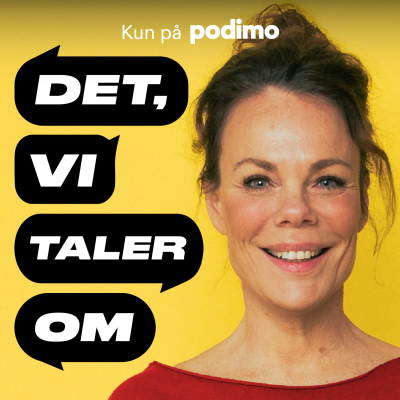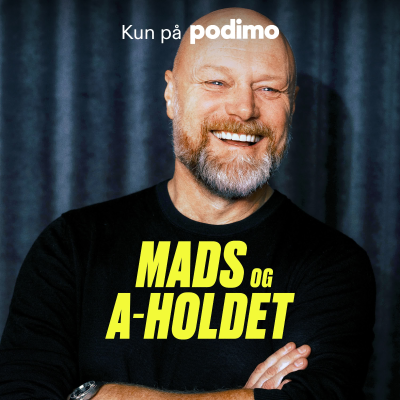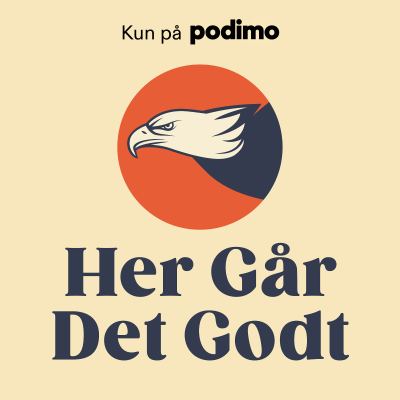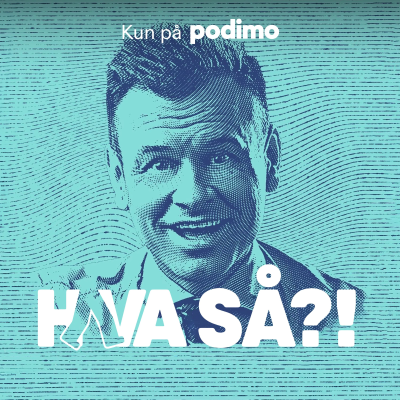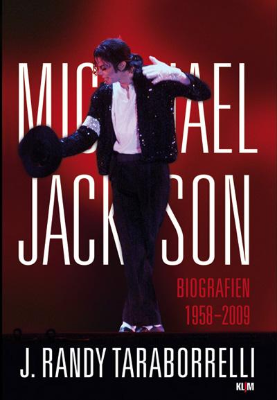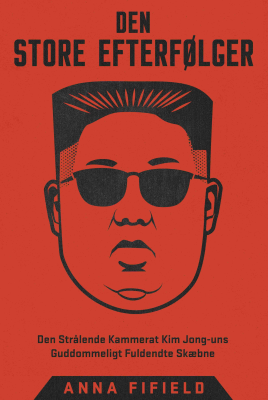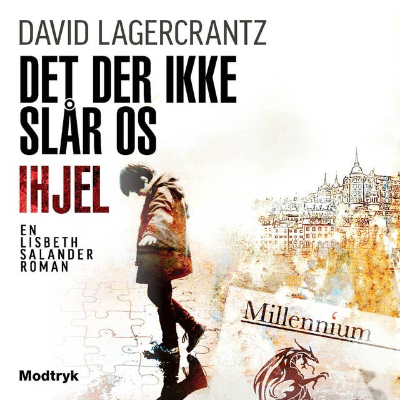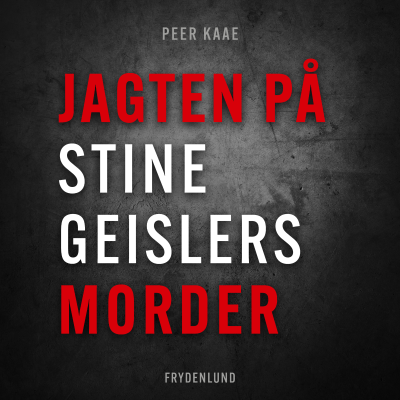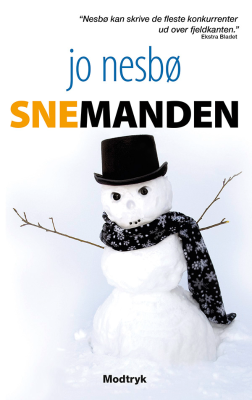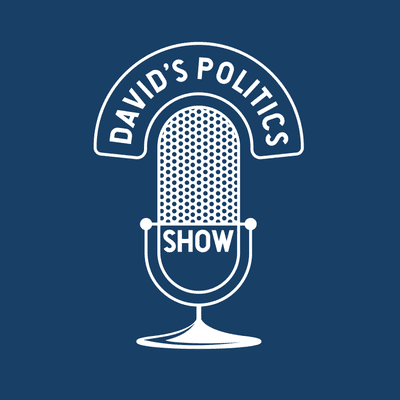
David's Politics Show
Podcast af David
Begrænset tilbud
1 måned kun 9 kr.
Derefter 99 kr. / månedIngen binding.

Mere end 1 million lyttere
Du vil elske Podimo, og du er ikke alene
Bedømt til 4,7 stjerner i App Store
Læs mere David's Politics Show
Join me for discussions with interesting authors, thinkers, and other guests to talk about current affairs, global politics, history, culture, and everything in between.
Alle episoder
58 episoderIn the popular recollection of the Second World War, the month of December 1941 is associated almost exclusively with what Roosevelt famously termed “the date that will live in infamy”, namely, the 7th of December, Pearl Harbor. Yet a mere four days later another momentous event took place which would see the war take on a whole new dimension and a truly global scale: on the 11th of December, Adolf Hitler declared war on the United States. Why did he do that? Was he driven, already in late ‘41, by an apocalyptic vision of his role in history? Was the decision, in other words, totally irrational, the result of a dark, brooding, ultimately inexplicable death wish? Or can the sources of this fateful decision, on the contrary, be located in the German dictator’s understanding of several complex, interrelated spheres – economic, political and military – and in his general sense of how the war was proceeding at the time? That is the task my guest today set himself in writing Hitler’s Fatal Miscalculation: Why Germany Declared War on the United States. Dr. Klaus Schmider earned his doctorate at the University of Mainz and has been on the staff of the War Studies Department of the Royal Military Academy at Sandhurstsince 1999. In 2007, he co-authored Volume 8 of the official German history of the Second World War.
“I fear that the war will now lead to revolution.” Those words were uttered by Erich von Falkenhayn on the 29th of August 1916, the day he was replaced as Chief of the General Staff by Paul von Hindenburg and his associate, Erich Ludendorff. Those words proved to be prescient: the wardid in fact lead to revolution, in fact to several. Indeed, the First World War led to the cataclysmic collapse of entire societies and of the European order that had underpinned almost a century of relative stability and peace among thegreat powers. And yet the war lasted for another 2 years, resulting in millions more dead, both soldiers and civilians. Why did the war last so long? And why did Germany ultimately lose it? Those are just some of the questions Professor Holger Afflerbach returns to the center of historiographical attention in his sweeping and masterfully written account ofthe Great War, titled, “On a Knife Edge: How Germany lost the First World War”. Holger Afflerbach is Professor of Modern European History at the University of Leeds and is the author of a number of groundbreaking monographs on Erich von Falkenhayn, Kaiser Wilhelm II, as well as on the Triple Alliance.
A year on from the tragic and fateful events of October 7, and in the wake of the most recent extension of the ensuing conflict to the northern front, in Lebanon, Israel seems to have turned the tables on its enemies: Hamas’ forces have been either wiped out or rendered combat-ineffective, Hezbollah’s command-and-control structure has been decapitated, and Iran’s ballistic-missile barrage seems not to have caused significant damage. So is Israel winning? Is that the right way to evaluate the current balance of forces in the region? And what does winning, in this troubled and conflict-ridden region, even mean? With me to discuss all this and more is Dr. Ahron Bregman, senior teaching fellow in the Department of War Studies at King’s College, London, and a previous guest on this podcast.
Almost uniquely among the states created in the wake of the end of colonialism, Singapore has been blessed by sure-footed and visionary leadership since its separation from Malaysia and full independence in 1965. Lee Kuan Yew’s eldest son, Lee Hsien Loong, has now stepped down after 20 years as Prime Minister of Singapore, passing the baton to Lawrence Wong, in what is generally known as the transition to “4G”, or the fourth generation of political leadership. After a spectacular 60 years of almost uninterrupted economic growth and political stability, however, darker clouds appear to be gathering on the horizon. Economic and social challenges at home, compounded and accelerated by the shifting geopolitical landscape, mean that the small but disproportionately influential city-state of Singapore is likely to be buffeted by strong winds in the decades ahead. With me to discuss the past, present, and future of Singapore’s fascinating politics is Professor Eugene Tan, Associate Professor at the School of Law at Singapore Management University. Prof. Tan teaches courses on constitutional and administrative law, as well as courses on the law and policy of ethnic relations in Singapore. He has also served in the Ministry of Foreign Affairs, and among other distinctions he was a nominated member of Parliament from 2012 to 2014.
One of the most salient and interesting aspects of the war in Ukraine is the seemingly omnipresent threat of what is still a relatively new technology: the drone. Whether Bayraktars or Lancets, small reconnaissance drones or long-range strike ones, both the Ukrainian and Russian armies have designed, bought, and deployed an stonishing variety of these new weapons. What does the proliferation of this new platform tell us about the role or roles drones are likely to play in the future? And what can we extrapolate, from the rapid evolution of drone technology and tactics, about the shape and dynamics of major state-on-state warfare in the coming decades? To discuss all this and more I’m delighted to be joined again by a previous guest on this podcast, Dr. Mauro Gilli, Senior Researcher in Military Technology and International Security at the Swiss Federal Institute of Technology’s Center for Security Studies in Zurich.

Mere end 1 million lyttere
Du vil elske Podimo, og du er ikke alene
Bedømt til 4,7 stjerner i App Store
Begrænset tilbud
1 måned kun 9 kr.
Derefter 99 kr. / månedIngen binding.
Eksklusive podcasts
Uden reklamer
Gratis podcasts
Lydbøger
20 timer / måned
